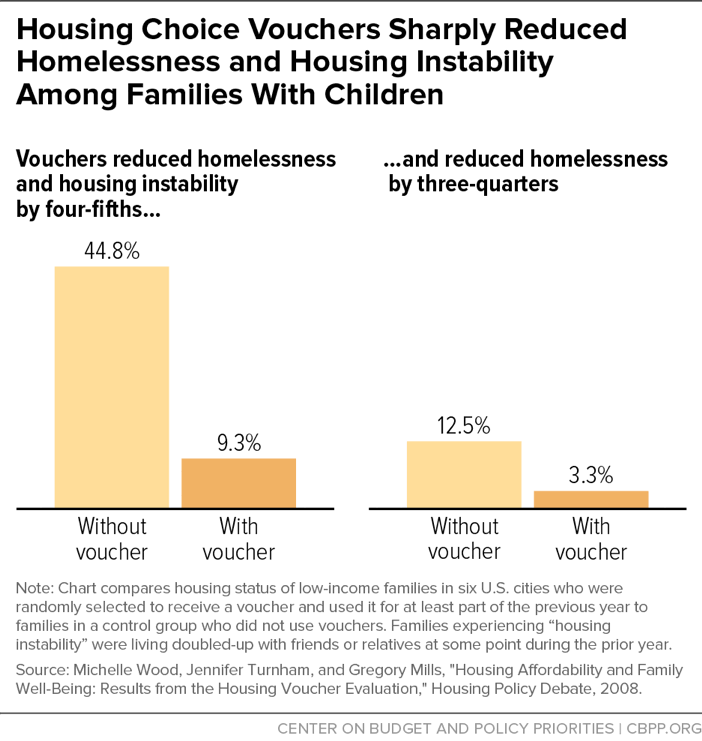BEYOND THE NUMBERS
When the Senate Appropriations Committee considers a draft bill next week to fund the Departments of Transportation and Housing and Urban Development (HUD) for fiscal year 2019, it should include enough funding to fully renew rental assistance for 5 million families with children, seniors, people with disabilities, and others.
That will be challenging because, last week, the Committee approved a very tight overall budget for the departments, boosting program funding by less than 1 percent ($616 million) in nominal dollars — that is, not accounting for inflation. (The Committee’s allocation, $71.4 billion, is $1.1 billion more than in 2018, but nearly half of the added funds offset an expected decline in premiums that HUD will collect from mortgage insurance that it issues next year.)
Fully renewing HUD rental assistance will require well over $1 billion in added funds in 2019. That’s because rental aid costs are closely tied to private market rental costs, which will likely continue rising at roughly 3 percent as in recent years. We estimate that Housing Choice Vouchers, the largest program (assisting more than 2 million households), will require $20.5 billion, or $920 million above the 2018 level, to prevent cuts in the number of households assisted. Other programs — including public housing and Section 8 project-based rental assistance — will require smaller increases to sustain current aid.
Meeting this goal is important. Federal rental assistance is effective: it sharply reduces the risk of homelessness and housing instability (see chart) and lifts more than 4 million people, including 1.3 million children, out of poverty. And, when it enables children to grow up in safe neighborhoods with quality schools and other opportunities, it significantly improves their chances of succeeding in school and later as adults. Failure to fully renew rental aid would harm seniors, families, and others who otherwise will struggle to pay rent, increasing their risks of eviction and homelessness.
Even worse, the House Appropriations Committee’s HUD funding bill included just $20.1 billion to renew vouchers, $440 million less than will likely be needed, we estimate. This shortfall would leave nearly 50,000 vouchers that families are using this year without renewal funds next year. (To be sure, the House bill also has several bright spots, including an innovative proposal to improve children’s educational and economic outcomes by helping them to grow up in healthy neighborhoods with quality schools and other opportunities.) If, in light of the House Appropriations Committee’s bill, the Senate Committee also provides insufficient funding for rental assistance, a final congressional bill almost certainly will fall short.
In recent years, and on a bipartisan basis, Congress has remained strongly committed to fully renewing housing vouchers and other rental assistance, even in years in which budgets were very tight. The Senate Appropriations Committee should reaffirm this commitment in its 2019 HUD funding bill.

